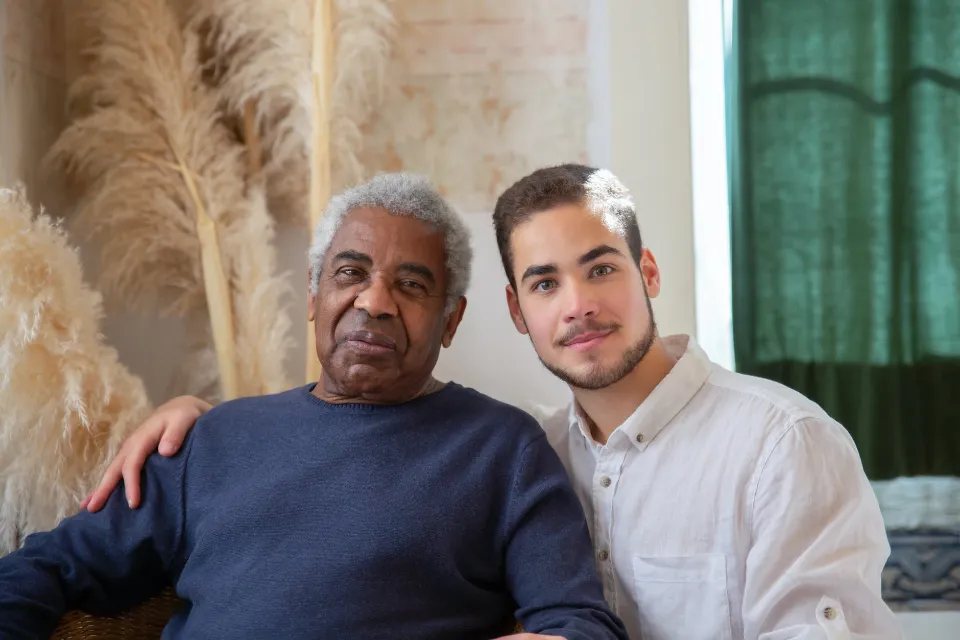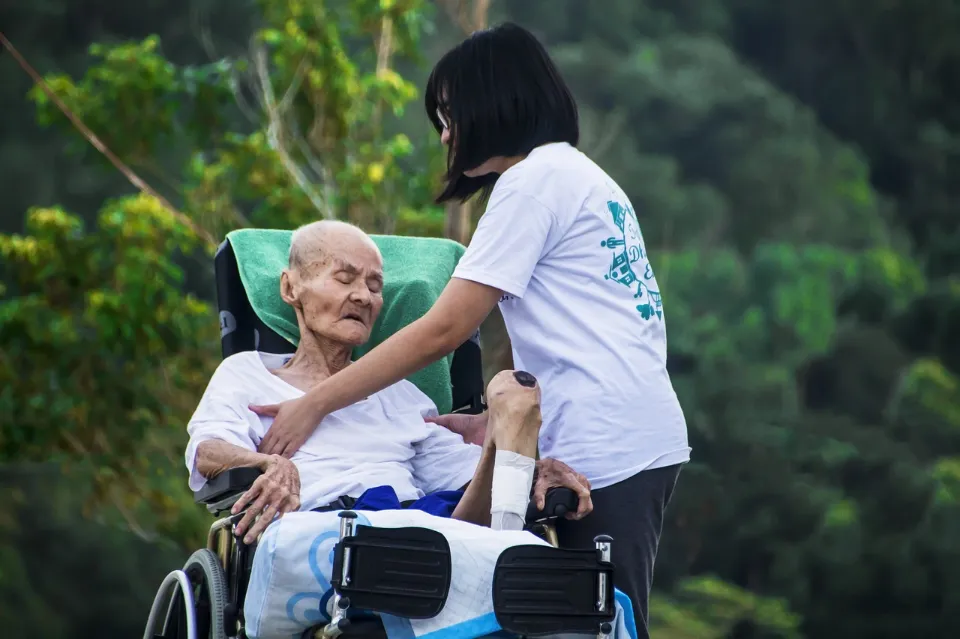The burden of working a full-time job appears to be growing larger as our parents begin to age. So what happens when you want to be there for your parents but you still need to get paid?
Well, that’s where a live-in caregiver enters the picture. They offer excellent assurance that everything will be fine, whether it’s a caregiver taking care of your loved one’s daily needs while you’re at work or moving in to manage things permanently.
This article will explain what a live-in caregiver is, what they can do for your parent, and other factors you should think about.
What is a Live in Caregiver?
Care providers who live in a patient’s home to assist with daily needs and tasks are known as live-in caregivers. They frequently assist clients who are elderly. Due to their physical and mental limitations, live-in caregivers allow individuals who would not otherwise be able to stay in their homes to do so. They help with a wide range of daily tasks, including shopping, meal preparation, hygiene, medications, cleaning, and more.

Depending on the situation, a live-in caregiver may stay in the home with your loved one for up to four or five days at a time, 24 hours a day. Typically, there are two primary caregivers who divide the week equally and alternate weekends and holidays. A flat daily rate that can equal up to half the price of 24/7 Care is available. This rate includes breaks for sleep and rest. With one caregiver per day, there are fewer interruptions to your relative’s life, and more quality time. However, you must be able to provide the caregiver with a place to sleep, and the required 8-hour sleep period may result in your relative not having direct supervision at certain hours of the night. The caregiver is still present and available at all times in the same house just in case.
What a Live in Caregiver Can Do for You?
Provide Comfort
A live-in care provider is first and foremost a comforter, which is perhaps the best way to put it. Friends and family who worry about the welfare of an elderly loved one can find some solace in their presence.
The concern that their elderly parents might have fallen or slipped is no longer present for sons and daughters. If a phone call is not answered, they are no longer required to send up a flare. It has been proven that there is someone nearby who is attending to their every need.
Aging people can also find comfort from live-in caregivers. Think about how much time we devote to decorating our homes. It serves as our haven and sanctuary. When the trials of aging start to take their toll, it’s far more reassuring to endure life’s difficulties from the comfort of a living room surrounded by family photos or a bedroom that was painted and decorated by their spouse many moons ago.
Offering a Wide Range of Services
They are able to offer a wide range of services to maintain the health and safety of your loved one, including:
- Taking blood pressure and vitals
- Medication management
- Personal hygiene (bathing, dressing and toileting)
- Fall precautions and repositioning
- Light housekeeping and sanitation
- Meal preparation and serving
- Assisting to appointments
- Companionship and socialization
Independent Way of Operation
As you can see, live-in care services are extensive and a great alternative to having your loved one move into assisted living. You can maintain a positive relationship with your parent because they won’t be living with you, and they will enjoy having their independence. In addition, your loved one can get assistance with running errands and going to the doctor.
The advantages of hiring a live-in caregiver are listed below.
- Stay home. Don’t leave your parent in an uncomfortable environment. Particularly for people with Alzheimer’s or dementia, familiar surroundings are crucial.
- Specialized care. In an assisted living facility, one caregiver may look after a number of residents. Your loved one receives specialized care 24 hours a day with a live-in caregiver.
- Continuity of care. Care for your parents will change as their condition does. All care is given by those who get to know and care for your family, and it is specifically tailored to your loved one’s needs.
- Quality of life. Both you and your loved one will have an improved quality of life. You can relax knowing that your parent’s needs will be met and that they are not left alone.

Different Types of Caregivers
Daytime Caregiving
This might be a wonderful option for you if you are able to bring an elderly relative into your home but are unable to stay with them all day. A daytime caregiver will arrive to oversee the health and safety of your loved one while you’re at the office.
Typically, when you come home, you’re “on duty” to care for your loved one. But, what’s nice is that the same daytime caregiver can sometimes step in to help with the occasional evening affair. Additionally, if you work an evening shift, you can likely find someone who is willing to provide care for a loved one overnight until you return home in the morning.
24-Hour Caregiving
24-hour caregiving might resemble live-in senior care. But it’s actually more time-consuming. This is for those who cannot be left alone (i.e., during an eight-hour period of rest). They might be easily injured or require ongoing medical care.
In this case, 24-hour caregiving is provided by two or three caregivers who work in shifts. There won’t be an eight-hour nap or a daytime break. Rather, someone would be “on guard” at all times, providing the utmost care for your aging family member.
Conclusion
Live-in elder care means that your family member will have a family caregiver working four to five days a week, providing “round-the-clock care. So while you are at work, your loved one will be cared for. There is no need to worry if you work two shifts because your loved one will be taken care of.



